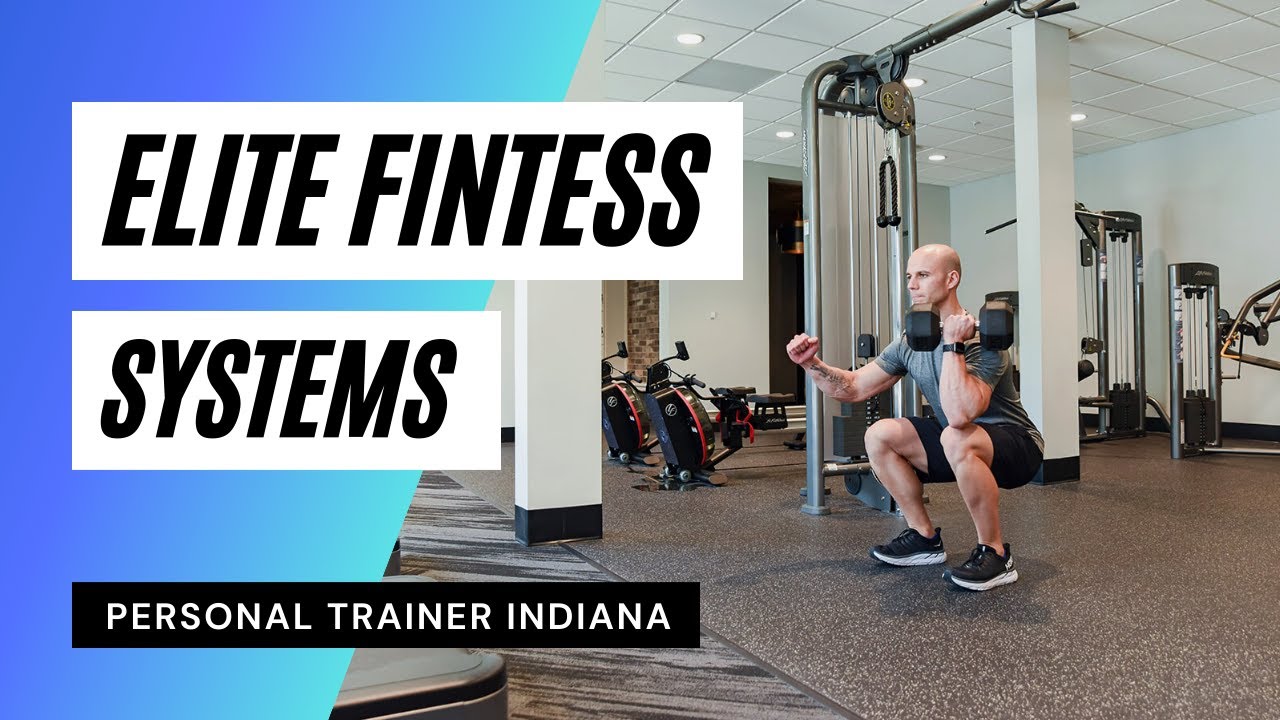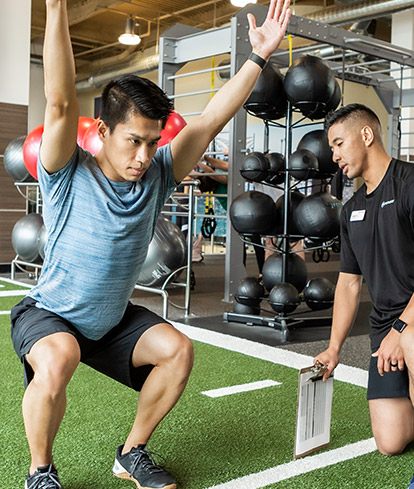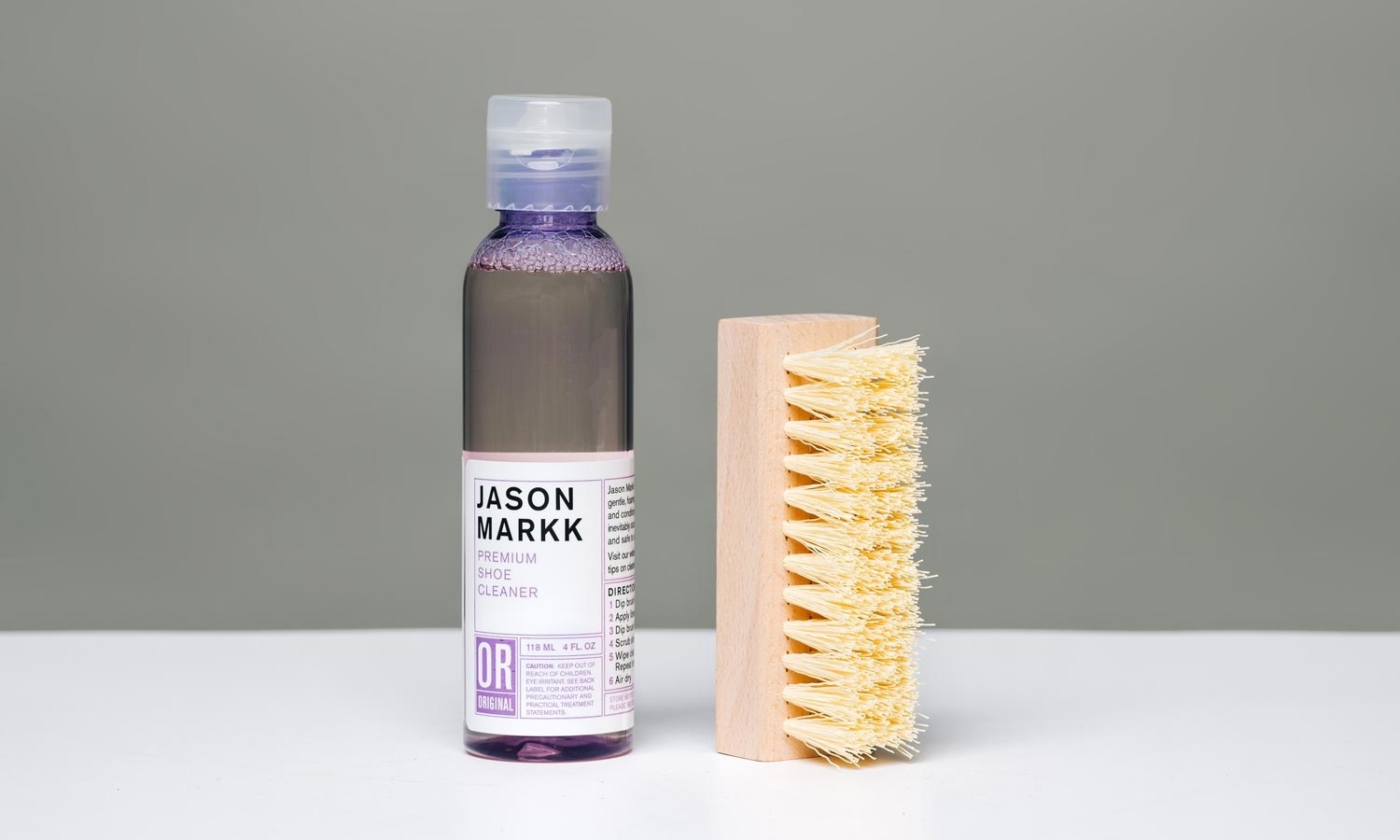
Are you looking to make a living as a personal training professional? If so, Minnesota is a great state to live and work in. Minnesota has a median salary of $59,000 for personal trainers. However, there are many different places that you can find a job as a personal trainer. Xperience Fitness offers the best pay while YMCA personal trainers offer the lowest. These three companies are great places to get started in this career.
YMCA trainers pay the least
If you're looking to become a fitness instructor, the YMCA is an excellent choice. It offers competitive pay and reimbursement for certification fees. The Lifeguard certification pays $17 per hour, an increase of $12.50 from before the pandemic. These gyms often employ five to ten trainers per site. They may be franchised so their pay structures might vary. Minneapolis YMCA’s starting wage is $17/hour.

Salaries at the YMCA of the North are subject to considerable variation. In general, the average YMCA employee earns $29,272 per year. But salaries for programs director, group leader and counselor positions can be very different. A typical program director can expect to make $67806 annually while a child care attendant will make $20,214.
YMCA trainers earn the most
Personal trainers in the YMCA have a median annual salary of $35,000, which is $17 an hr. While the salary is higher than that of personal trainers nationally, it's still much lower than the American median wage. In comparison, the Ojai Valley Athletic Club, for instance, pays $125,000 per year, and Fitness USA offers a median salary of $19,000 a year. The YMCA is a great place for trainers who want to work in a friendly and fun environment.
Personal training for a YMCA is a way to make a difference in your community. You'll be part the YMCA's mission to promote health and fitness around the globe. You will need to be a champion of Y values, and encourage a culture based on caring and honesty. A strong understanding of the YMCA vision and mission is required. Additionally, you will be required to get a CPR/AED/First Responder certification within 30 working days of joining. For students, you can complete e-learnings in order to obtain your certification. Finally, proficiency in Cantonese and Mandarin languages is required.
Xperience Fitness offers the best in fitness
Blaine, Minnesota's Xperience Fitness is a fitness and health center. This gym is great for jogging, ironing, or running on the treadmill. There are plenty of parking spaces and lots of space. They also have a clothing shop. However, if you are new to the area, finding a gym that is right for you can be a difficult task.

The health club has a team personal trainers that help members reach their fitness goals. In addition to training clients, this fitness center also provides nutrition guidance. Personal trainers can work with anyone from children to seniors. The company's top-quality fitness centers offer many amenities and are open to all. Xperience Fitness has an opening for a full-time personal coach with a national certificate. There are also positions available as a fitness center manager.
FAQ
How does caffeine affect my sleeping?
Caffeine can affect how quickly you fall asleep, and how well you sleep. Caffeine is known to cause drowsiness. This makes falling asleep easier. However, caffeine can keep you awake longer and make it more difficult to fall asleep. Try drinking energy drinks and coffee before bed.
How do I get started with fitness?
Start small! Start small by walking around the block for 10 minutes every day. This will teach you the basics of movement and give your muscles time for adaptation. Once you are proficient in this type of exercise, add more steps and routines to your day.
What happens to me if I don’t sleep enough?
Your brain won't receive enough sleep if it doesn't get the signals it needs to regulate hormones, chemicals that regulate appetite and metabolism. As a result, you may overeat and gain weight. You may also feel stressed, which can lead you to overeating.
Statistics
- An estimated 110,000 deaths per year could be prevented (cdc.gov)
- Globally, 81% of adolescents aged 11-17 years were insufficiently physically active in 2016. (who.int)
- Adolescent girls were less active than adolescent boys, with 85% vs. 78% not meeting WHO recommendations of at least 60 minutes of moderate to vigorous intensity physical activity per day. (who.int)
- One study showed that adults who watch more than 4 hours of television daily had an 80% higher risk of death from cardiovascular disease. (heart.org)
External Links
How To
How to Burn Belly Fats Faster
When we are trying to lose weight, belly fat is often seen as a problem. However, Belly Fat can be beneficial if you really think about it. It's the amount of fat stored around your stomach that protects your organs from getting damaged. Let's learn how to quickly burn belly fat.
The main factors that contribute to our body fat accumulation are stress and inactivity. Stress makes us feel hungry constantly because it stimulates the production of the cortisol hormone. Cortisol increases insulin levels in our blood. The insulin then stores extra calories as fat. Lack of sleep causes the release of adrenaline into our system, leading to increased appetite. Exercise helps to break down these extra calories.
There are many different ways to reduce bellyfat. All of these methods can be used, depending on your budget. Here are some tips to help you get rid of belly fat quickly.
-
Reduce the amount of food you eat. Instead of eating three large meals a day, eat smaller meals. This will help you consume less calories.
-
Drink plenty of fluids. Water flushes out toxins in your body and helps you stay hydrated. Drinking water before meals will help you feel fuller for longer, so you don't overeat.
-
Avoid eating unhealthy snacks. If you're looking for quick fixes, snack foods like chips, cookies, candies, etc. It might sound tempting. Avoid these unhealthy treats. They are full of empty calories, too much sugar, and can be very fattening. Choose healthier alternatives such as whole grains, vegetables, fruits, seeds, nuts and seeds.
-
At least three times per semaine, do strength training. Strength training increases muscle mass, which can help you burn more calories while still resting. It strengthens bones and muscles, ligaments, muscles, tendons, heart, lungs, as well as joints.
-
Move regularly and stretch. Stretching helps to improve flexibility and mobility, which reduces back pain. Walking is great for burning calories, especially brisk walking for 30 minutes.
-
Reduce alcohol intake. Reduce alcohol intake. Alcohol is a waste of calories and has no nutritional value.
-
Reduce your weight gradually. To lose weight, the first step is to determine what your current weight. Calculate your ideal weight by adding approximately 5% to 10% of the total weight. Once you have established your ideal weight, reduce your daily calorie intake by 500 to 1000 calories each day until you achieve your goal.
-
Avoid processed foods. These foods are high on sugar, salt, and additives. Although they are convenient, processed foods don't have enough nutrients to sustain your health.
-
Don't skip breakfast! Eating breakfast improves concentration, memory, and energy level. You should have protein (such as eggs) and fiber (such as oats) for breakfast.
-
Have regular bowel movements. Bloating and gas can be caused by irregular bowel movements and constipation. Increase your fiber intake and drink lots of water.